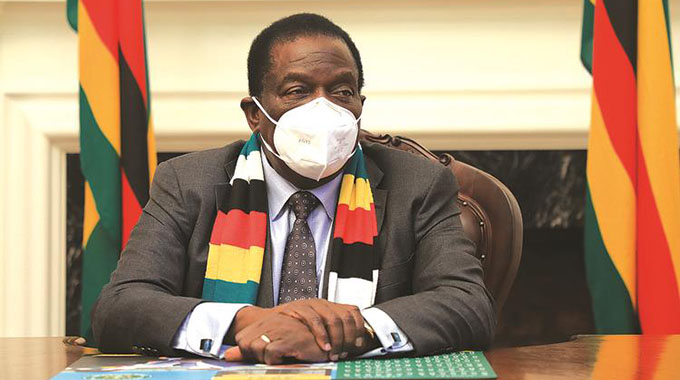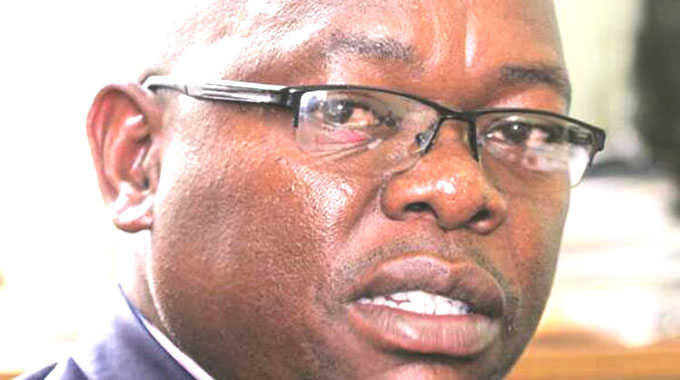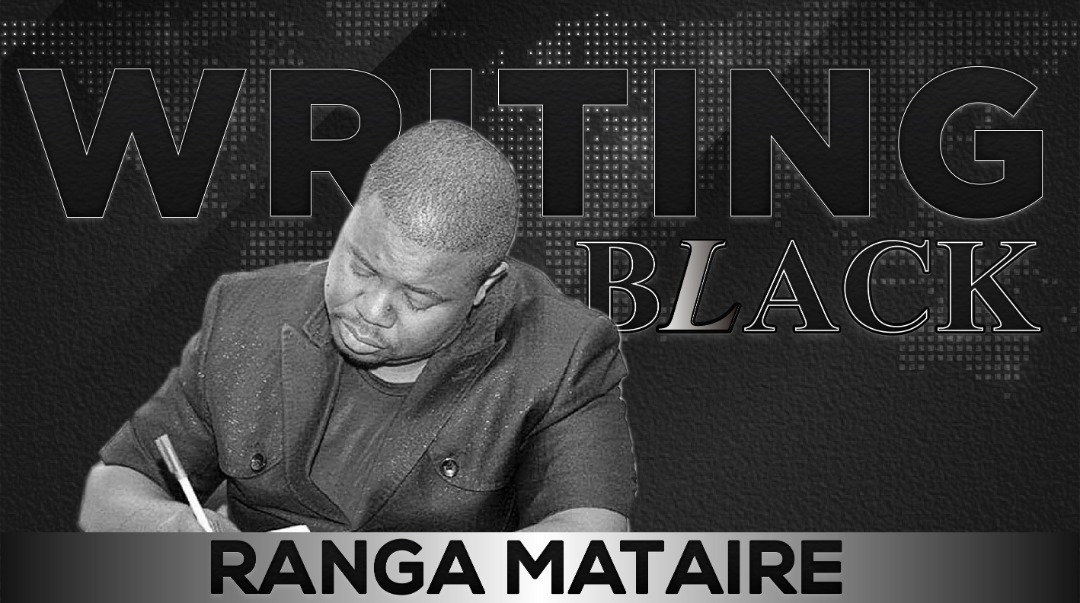Anti-corruption curricula from ECD level: President

Fungi Kwaramba
Political Editor
TO win the anti-corruption war, Zimbabweans must be empowered to hold office bearers both in the public and private sector to account, while plans are afoot to introduce anti-corruption curricula from ECD to tertiary education, President Mnangagwa has said.
He was speaking during a virtual commemoration of the 5th African Anti-Corruption Day yesterday, where he also launched the Zimbabwe Anti-Corruption Strategic plan for 2021 to 2023, a roadmap for the Zimbabwe Anti-Corruption Commission to fulfil its mandate.
This comes as the Second Republic has put in place multiple mechanisms to tackle the scourge of corruption, which remains one of the greatest threats to the country and Africa’s development.
President Mnangagwa said his administration will not shy away from taking corruption by the horns as it has the debilitating effects of retarding economic growth and development.
“Corruption prevention programmes should be strengthened,” he said.
“These should include systems and compliance checks, the introduction of curricula on corruption, ethics and integrity in schools from ECD level right up to universities.”
The African Anti-Corruption Day was held under the theme “Regional Economic Communities: Critical factors in the implementation of the African Union Convention on Preventing and Combating Corruption (AUCPCC)”.
“As we commemorate this year’s African Anti-Corruption Day, let us redouble our efforts to end the scourge of corruption towards an Africa free of corruption,” said President Mnangagwa.
“To succeed, the fight against corruption requires a multi-stakeholder approach.
“To this end, my Government stands committed to the establishment of democratic, transparent, accountable, strong, and efficient institutions in our great country. Our vision of an upper-middle-income economy status by 2030 will be achieved if we collectively condemn corruption in a frank manner.
“Citizens must be empowered to actively demand accountability. The leadership across all sectors, political and economic spheres at all levels are challenged to be disciplined and execute their duties with integrity and professionalism.
“The interests of our people and the nation must always come first.”
Zimbabwe has taken concrete steps to tackle the bane of corruption, with the Second Republic strengthening bodies like the Zimbabwe Anti-Corruption Commission (ZACC) to execute their roles with minimal hindrance.
Apart from ZACC, police and the Special Anti-Corruption Unit have also been mandated to go a gear up in the fight against corruption.
“Today, I am pleased to be launching the Zimbabwe Anti-Corruption Strategic plan for 2021 to 2023 which is a roadmap for the Zimbabwe Anti-Corruption Commission to fulfill its vision of a citizenry and institutions that uphold integrity, good governance for a corruption-free Zimbabwe by 2030,” said President Mnangagwa.
This comes after President Mnangagwa last year launched the National Anti-Corruption Strategy, which will run until 2024 as part of the broader fight against corruption, with the national steering committee that comprises senior Government officials, legislators, public and private sector as well as civic society already in place.
The integrity pledges, which will be signed by senior officials and members of political parties, have been drafted.
Harnessing ICT, the President said, laws will be passed to strengthen anti-corruption legislation, while at the same time public entities are directed to put in place technology-based procedures and processes which curtail and reduce the use of discretionary power by public officials.
“Those positions of authority in public and private sectors, as well as those in the civic society, in community-based organisations, are challenged always to uphold principles of good corporate governance, transparency and accountability,” said the President.
“Meanwhile, the Ministry of Justice, Legal and Parliamentary Affairs is urged to expedite the amendment of the Whistle-blower and Protection Act to protect our citizens and motivate them to bring forward any suspected cases of corruption.
“The Zimbabwe Anti-Corruption Commission is extorted to increase the institution’s capacity to recover ill-gotten wealth through the asset recovery unity. Collaborating with countries of origin should be increased to ensure the freezing of ill acquired assets and ensuring repatriation of the stolen or illegally acquired funds.
“Perpetrators of corruption stand warned that they cannot hide, the long arm of the law will surely catch up with them. I am optimistic that the Zimbabwe Anti-Corruption Commission strategic plan will go a long way to combating corruption and improving transparency, accountability systems in all sectors of the economy.”
President Mnangagwa said Government will continue to support the work of the Zimbabwe Anti-Corruption Commission as the main institution mandated by the Constitution to combat corruption.
“I urge the National Prosecuting Authority, the Zimbabwe Republic Police and all the old the key stakeholders in the anti-corruption chain to work in unison professionally and effectively in the discharge of their mandate without any fear or favour,” he said.
With corruption often going beyond borders, the President underscored the importance of creating synergies and collaborations on the African continent to root the malpractice which is estimated to cost the continent US$50 billion annually.
“Corruption is indeed among the greatest threats bedevilling the African continent; it barricades sustainable socio-economic development and the betterment of livelihoods of our citizens,” said President Mnangagwa.
“The scourge of corruption is all-encompassing and rooted in both public and private sectors, as well as among non-state actors. It often manifests through the deliberate manipulation of rules and expropriation of public resources for personal or group use. The consequence of this maleficence is that the majority of the citizens are affected, while development is retarded or deferred.”











Comments